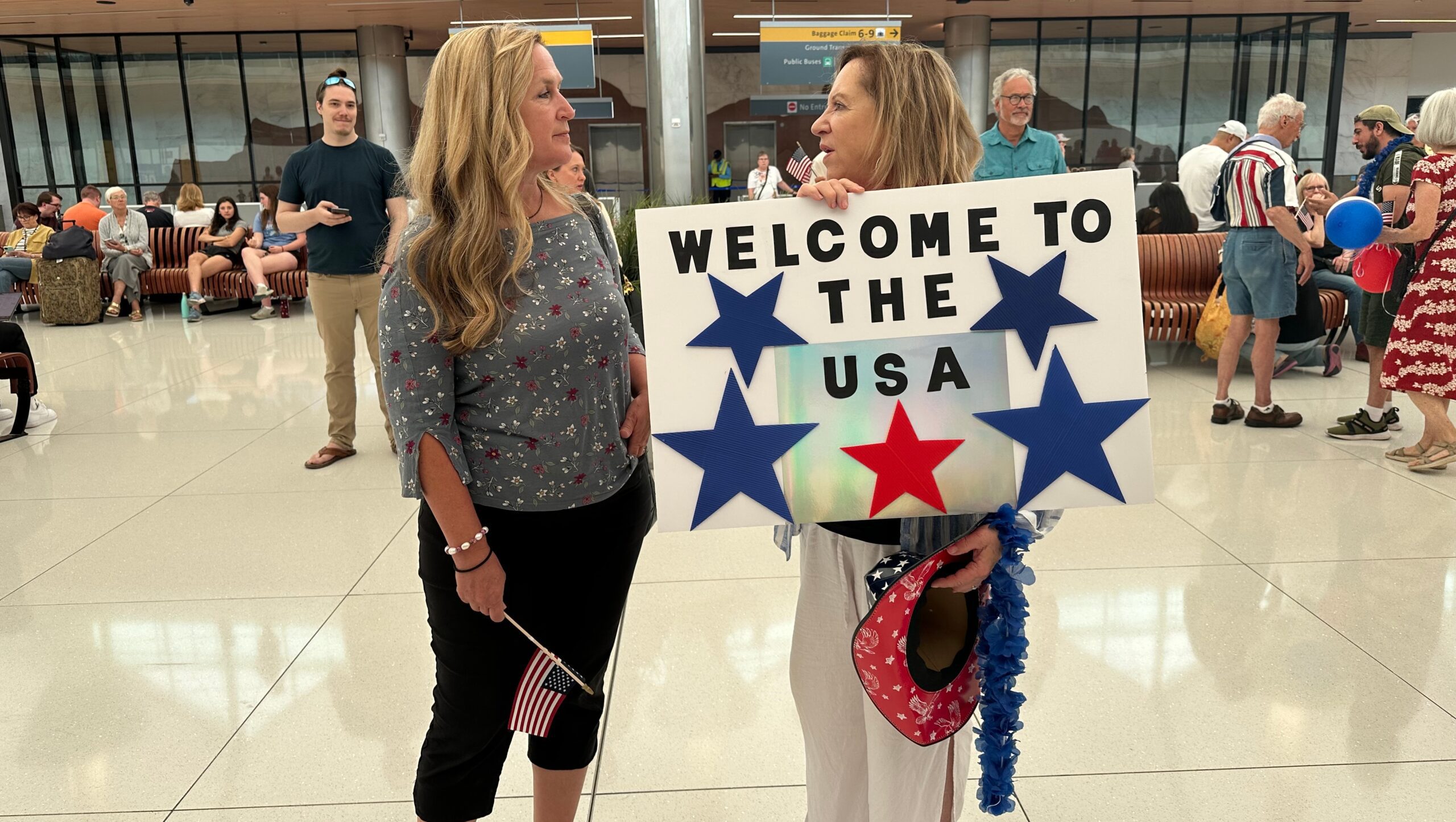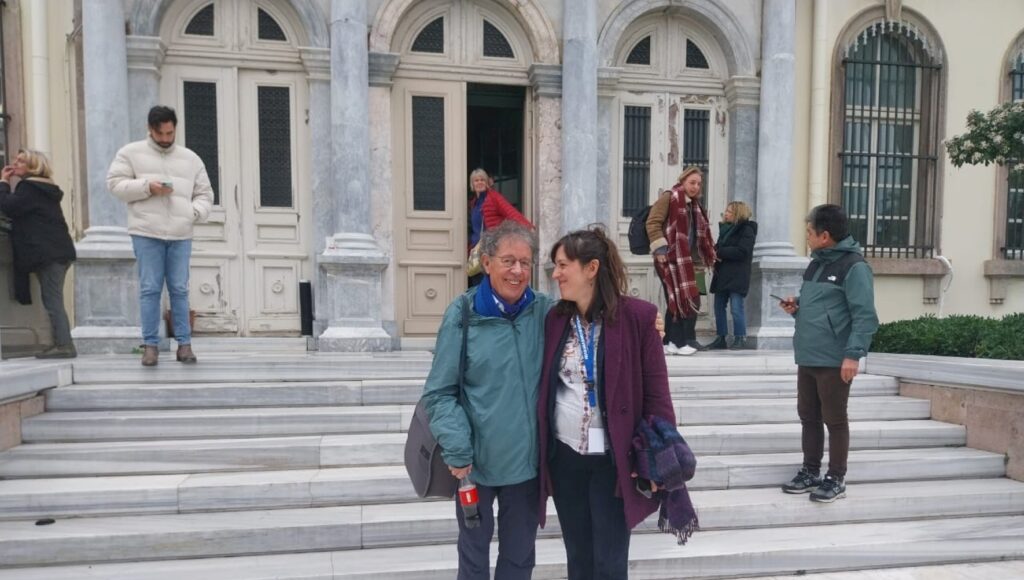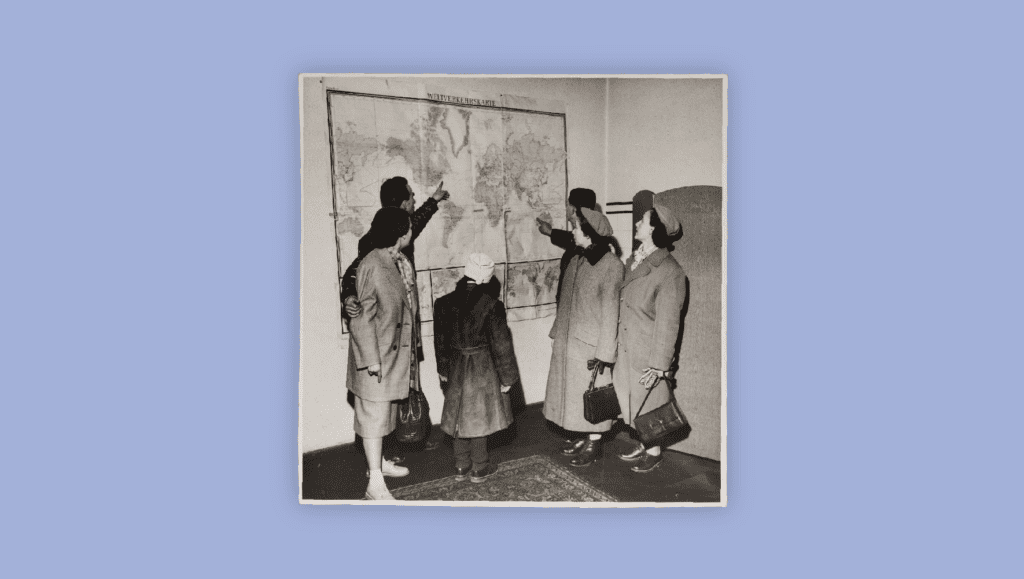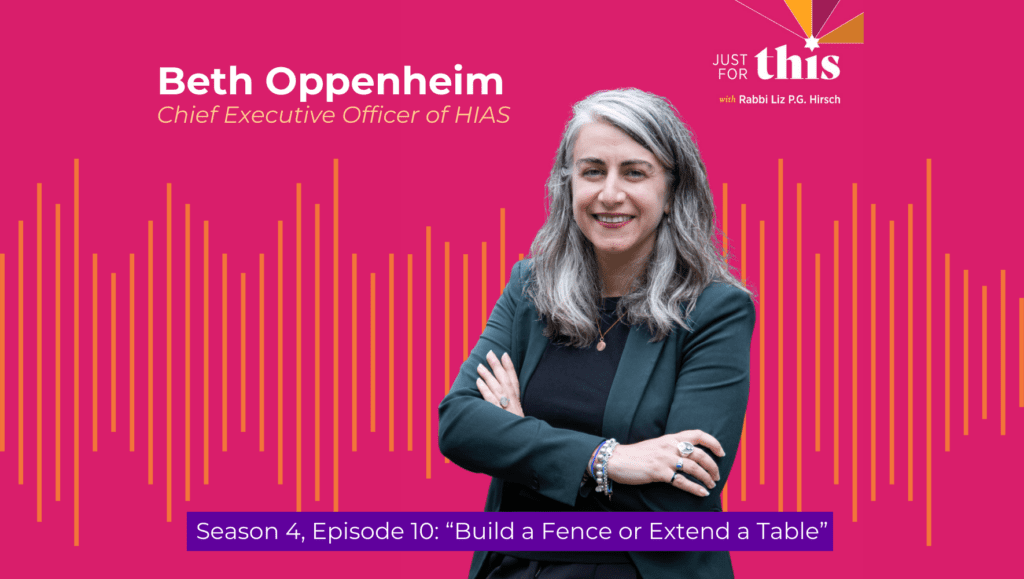
America has always been a promise. Sometimes kept. Sometimes unfulfilled. Sometimes broken and left in tatters.
American identity is grounded in a narrative of immigration and refuge for the persecuted. Yet the national ethos fluctuates wildly from a culture of welcome to one in which fringe xenophobia worms its way to dominate the mainstream — with devastating and deadly consequences. More than once in this country’s history, the government and the people have abandoned our foundational story to demonize and reject those seeking freedom — the same people who were once idolized for that pursuit.
The United States is the country that served as a promise of opportunity for immigrants across generations. That created the bipartisan refugee program in 1980 to systematically welcome hundreds of thousands of refugees. That flung open its doors to 76,000 Afghan allies overnight.
But the United States is also the country that produced the Chinese Exclusion Act. That crafted the National Origins Act to quash immigration from anywhere beyond Western Europe. That deliberately shutdown pathways for Jews fleeing the Holocaust. That concocted a “Muslim ban.”
As an organization, HIAS has borne witness to more than half of American history and has seen the nation at its best and worst. Today, we stand on the cusp of an era marked by the perverse promise to unleash mass deportations and seal the border to those in greatest need. In this moment, indifference is mainstream, and xenophobia is not just tolerated but a preferred norm.
I know that when HIAS does all we can, we can make all the difference.
I have found myself thinking a lot recently about how HIAS and the American Jewish community weathered the earlier eras of devastation. What was it like for my organizational predecessors to navigate a culture that veered sharply from our moral north star? How did they stare into the face of depravity and keep going?
Their approach and their tactics, while heroic, were never superhuman. As pathways to safety became more restrictive, they focused on whatever avenues remained open. They helped those who could arrive with passage, housing, food, and jobs. Even in the summer of 1943, as the mass murder of European Jews continued at a rapid pace, HIAS launched the Refugee Relative Registration program to help Americans learn the fate of their relatives overseas and to support their postwar immigration to the United States. Simply put, my predecessors did as much as they could, for as long as they could.
HIAS relies on that exact same playbook today. We take a sobering look at what is happening, determine what is possible, and enlist the extraordinary capacity of the Jewish community to help. It is the playbook that HICEM — created from the merger of three Jewish migration organizations — used to help 250,000 Jews flee the Nazis.
I have no doubt that the six million they could not help haunted them. Even now, looking at records of unfulfilled visa applications and knowing the fate that awaited the names neatly listed in those small boxes unleashes bursts of overwhelming grief for me. They were able to help many, but it cannot have felt like enough. It could not prevent the terror of the many or assuage the guilt of our communal limitations. Yet every single time I walk into a synagogue to speak —without fail — someone raises their hand to tell me they are there because HIAS helped their family during World War II. And in that way, I know that when HIAS does all we can, we can make all the difference.
In recent weeks, I have pushed myself to think about that too: the generational impact of one act of courage 80 years ago. To project the reverberations of my small acts now 80 years in the future.
In this moment, there is a lot we do not know. We do not know exactly how the most vulnerable will be targeted. But we do know that HIAS will be there to respond, as we have for more than a century. We do know that we will stand up for the rights of refugees, that we will give all that we can to the effort. We know the playbook of our response. It will necessitate tapping the deep wells of compassion in the Jewish community that exist because of our Torah and our tears.
There will be harm we cannot prevent. But that cannot deter us from latching on with every ounce of hope and resilience to do what we can. It is no exaggeration to say that lives depend on our ability to ward off despair. It is just as vital for our own moral composition as it is for those we hope to help. The ultimate victim of despair will be our own sense of purpose and of self.
Rabbi Sharon Brous reminds us:
“As the world gets harder, we must get more tender. The more ruthless our culture and our politics, the more we must embody empathy, curiosity and care. This is what it means… to work to survive — not only physically but spiritually. To remember always who we are. Because our most audacious dreams are born in the dark — and one day, when we emerge (because we will emerge!) we will be called to rebuild in the image of our boldest dreams.”
America has always been a promise. Sometimes kept. Sometimes unfulfilled. Sometimes broken and left in tatters. Throughout our history that promise has never died because there have always people with the moral clarity and spiritual resilience who refuse to let it.



